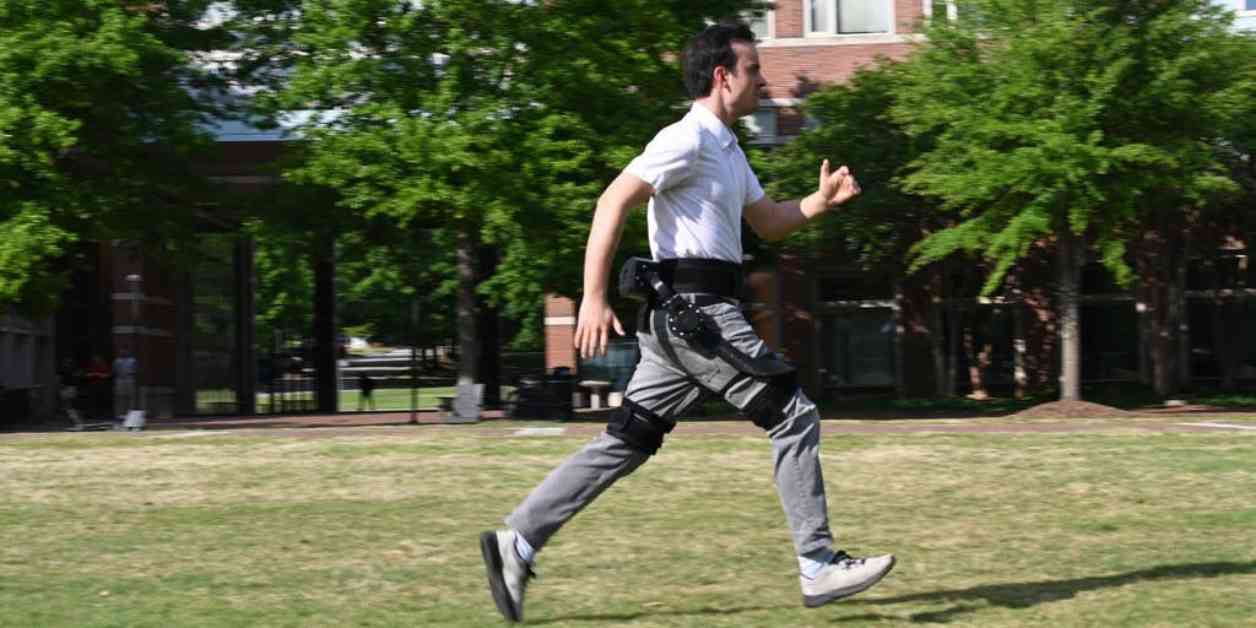A new AI-powered exoskeleton developed by researchers at North Carolina State University and the University of North Carolina at Chapel Hill is making waves in the field of wearable technology. This groundbreaking exoskeleton promises to revolutionize the lives of individuals with mobility issues by providing unprecedented energy savings during human movement. Users report feeling as if they are carrying 26 pounds less, leading to significant improvements in athletic performance and daily activities.
The key to this innovative exoskeleton lies in sophisticated digital twin simulations, where humans and machines coexist to learn and adapt through millions of iterations. The AI algorithm, still in development, goes beyond traditional machine learning to directly enhance human capabilities. Researchers have embraced data-driven and physics-informed reinforcement learning to ensure that their wearable robots are not only smart but also intuitive, aligning with their mission to improve human mobility and health.
One of the standout features of this exoskeleton is its ability to provide versatile assistance across a range of activities, including walking, running, and stair-climbing. The learned controller automatically adapts to each user’s kinematic patterns, seamlessly transitioning between activities without the need for manual control.
In experimental trials, the exoskeleton demonstrated impressive metabolic cost reductions for walking, running, and stair-climbing compared to other state-of-the-art portable exoskeletons. This achievement is attributed to the experiment-free and versatile control approach, which eliminates the need for extensive human testing and handcrafted rules.
When it comes to cost, Dr. Hao Su, the associate professor leading the research, shared that the current price range of the exoskeleton is between $50,000 to $120,000 due to research and development costs. However, the team aims to significantly reduce the cost by leveraging efficient learning-in-simulation frameworks for rapid design and testing. They plan to make the exoskeletons more affordable and accessible in the future, with a target price range of $1,500 to $4,000 depending on specific features and manufacturing scale.
Overall, this AI-powered exoskeleton represents a significant advancement in wearable robotics, with the potential to transform the field of exoskeletons and make mobility more accessible for all individuals. The technology offers hope for a future where movement limitations are no longer barriers, opening up new possibilities for those with mobility challenges.
If you currently struggle with activities or tasks due to mobility issues, this type of wearable robotic assistance could be a game-changer for you. Stay tuned for more updates on this groundbreaking technology and its impact on improving human mobility and health.



